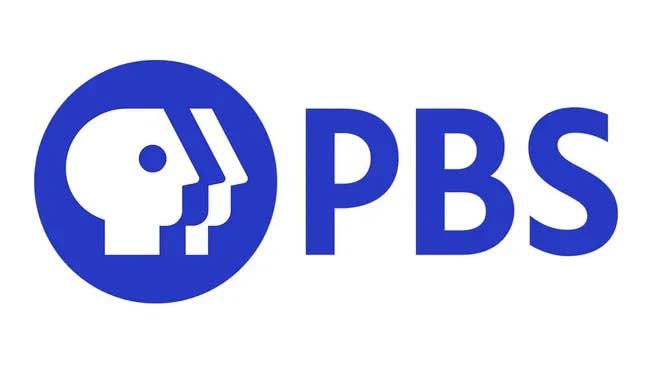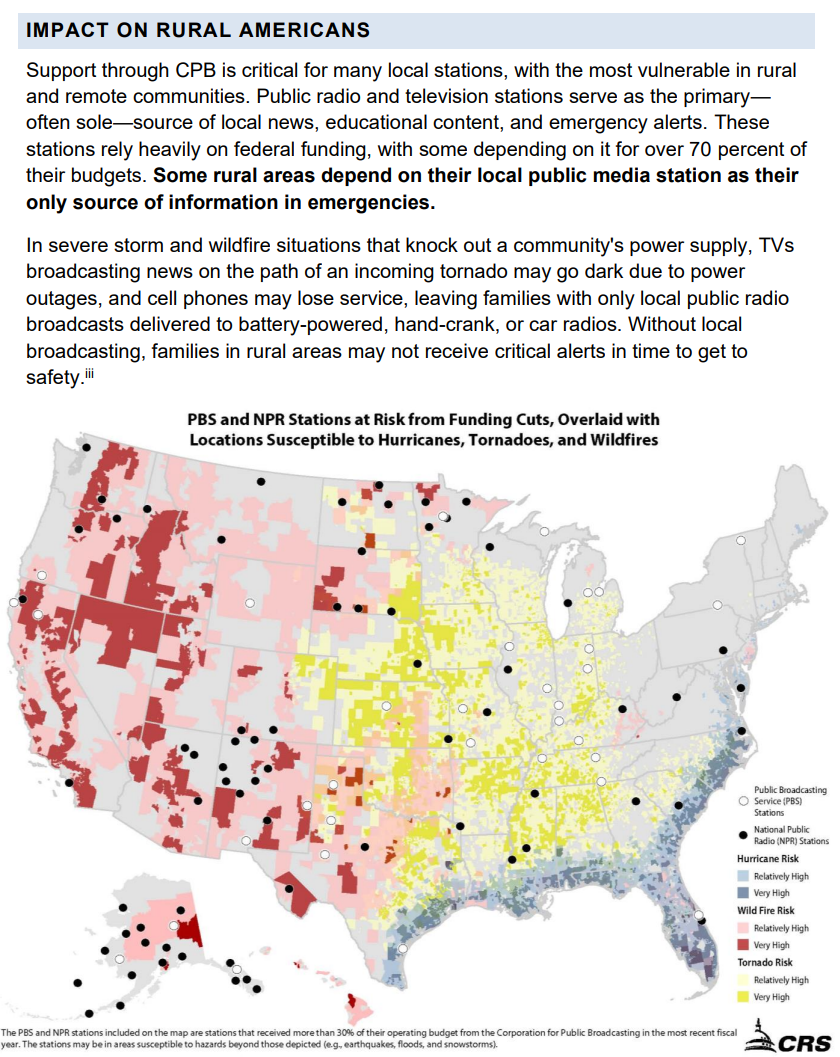PBS Plans 21% Budget Cuts
The reductions were caused by the elimination of Federal funding and the upcoming shutdown of the Corporation of Public Broadcasting

The professional video industry's #1 source for news, trends and product and tech information. Sign up below.
You are now subscribed
Your newsletter sign-up was successful
WASHINGTON—PBS has informed public stations that it plans to cut its budget by about 21% as part of an effort to deal with the elimination of Federal funding and previously announced plans to shut down the Corporation of Public Broadcasting at the end of the Sept.
The news was first reported by the New York Times in an article that described an email sent on August 13 by PBS chief executive, Paula Kerger to PBS station managers.
The cuts were approved by the PBS board, which also voted to reduce dues paid by local stations by $35 million.
The board reduced the fees because many local public stations face their own funding challenges.
“Local public media stations that are already cutting essential services and staff and, in some cases, planning for their closure as a result of the rescissions of public media funding,” said Kate Riley, president and CEO of America’s Public Television Stations when the funding cuts were announced.
The Public Media Company has said 78 public radio organizations and 37 TV organizations are at risk of going dark as a result of the cuts, the New York Times reported.
This map from U.S. Senator Maria Cantwell (D-Wash.) shows some of the stations most at risk of dramatic cuts or being shut down:
The professional video industry's #1 source for news, trends and product and tech information. Sign up below.
CPB funding is relatively small part of the federal budget, just $535 million in fiscal-year 2025. PBS and National Public Radio receive most of their funding from other sources. CPB’s demise is likely to have a major impact on smaller local stations, vendors of broadcast equipment and funding for emergency alert systems, which have traditionally been financed by the CPB. The layoffs will also cost the industry generations of experience in TV technologies, broadcasting and public media.
George Winslow is the senior content producer for TV Tech. He has written about the television, media and technology industries for nearly 30 years for such publications as Broadcasting & Cable, Multichannel News and TV Tech. Over the years, he has edited a number of magazines, including Multichannel News International and World Screen, and moderated panels at such major industry events as NAB and MIP TV. He has published two books and dozens of encyclopedia articles on such subjects as the media, New York City history and economics.


